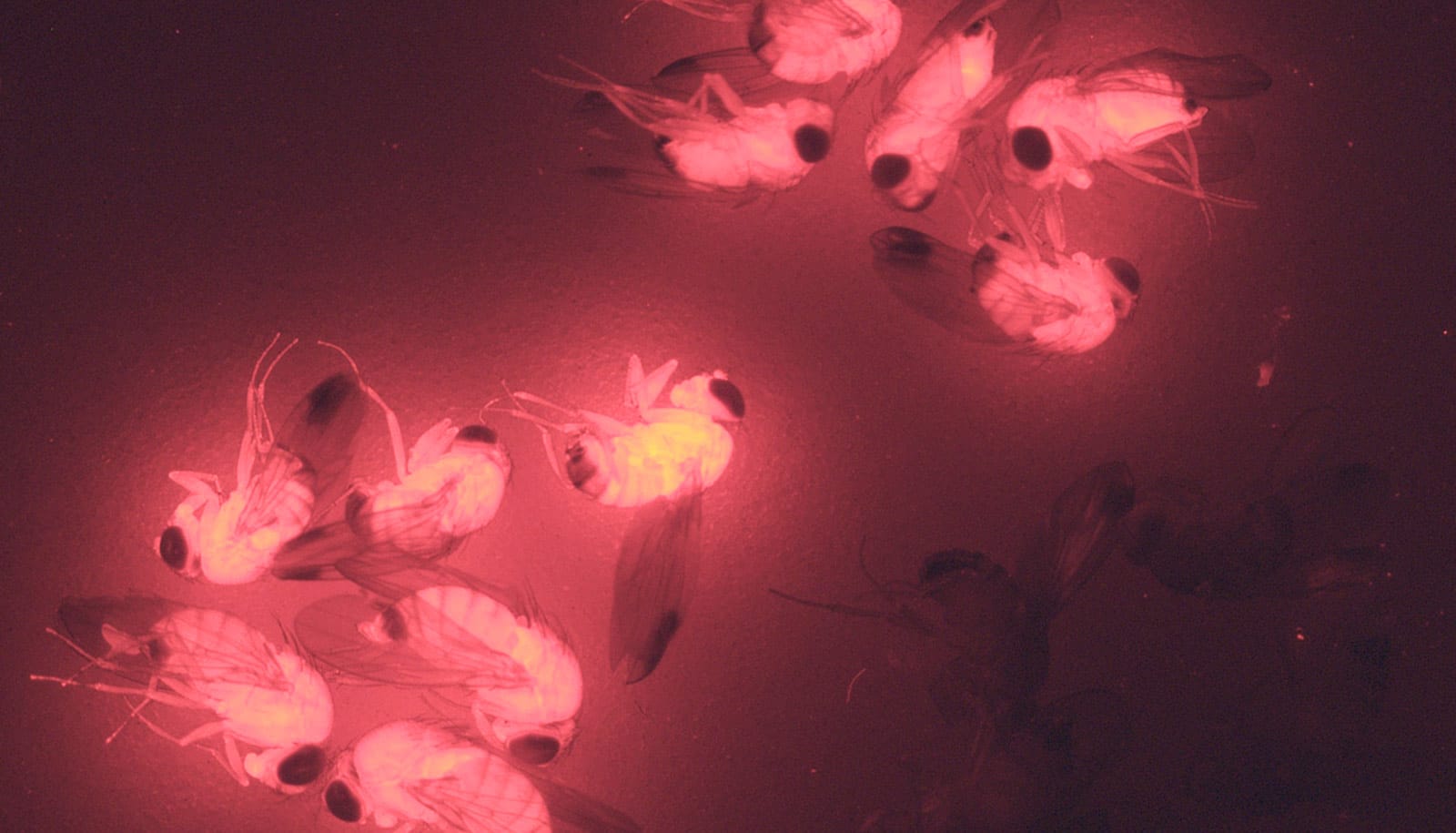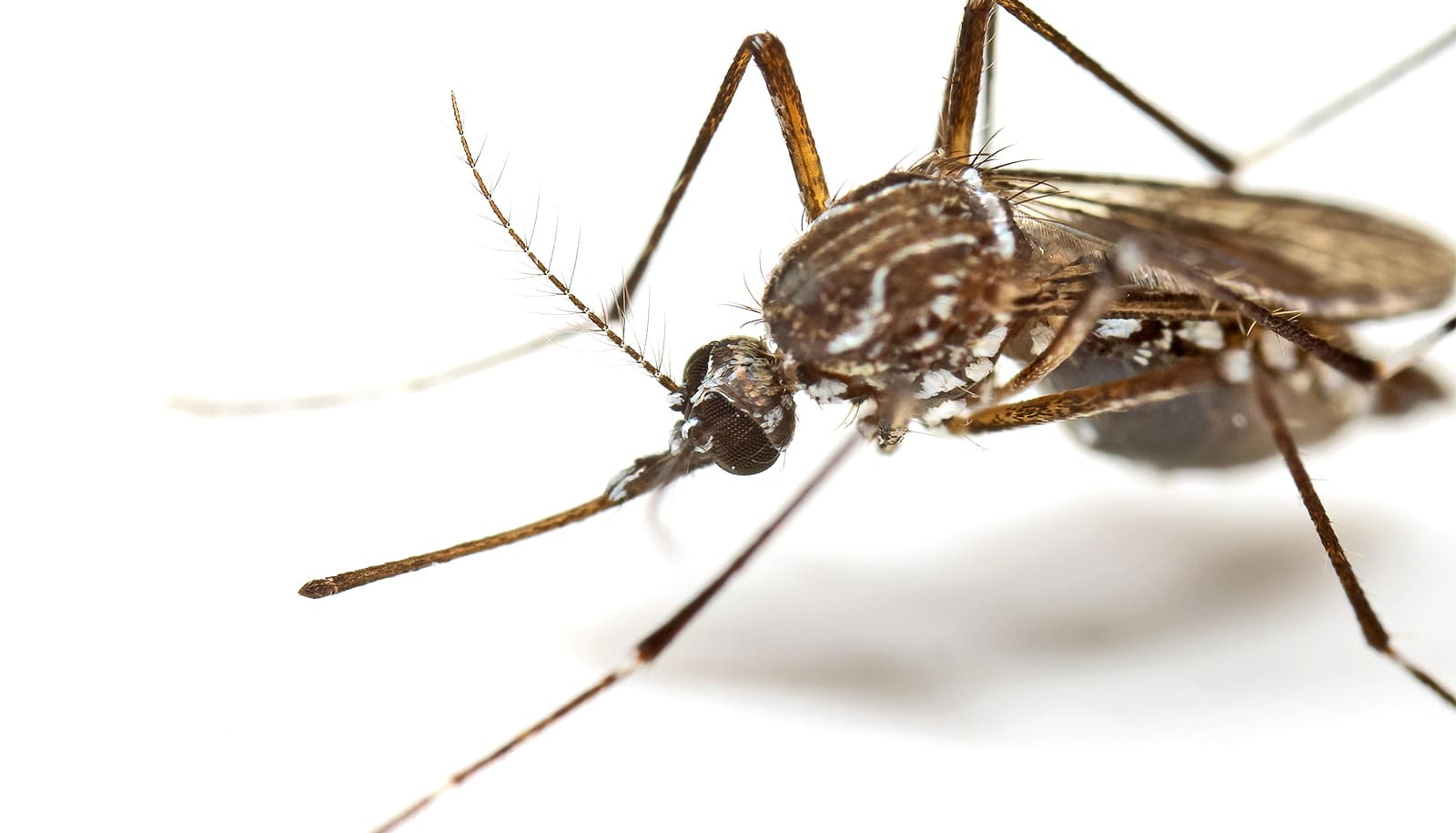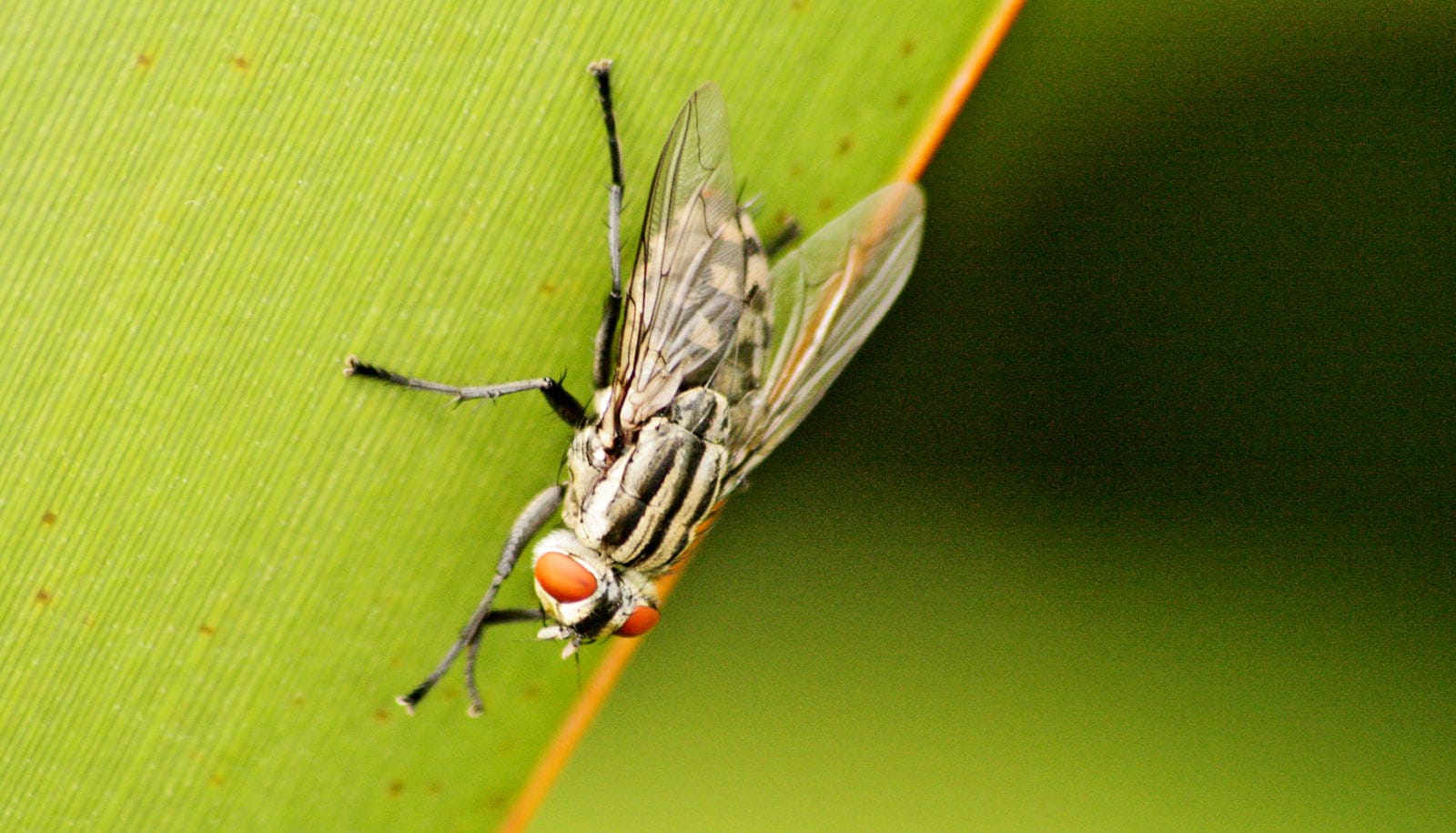Making certain fruit flies, Drosophila suzukii, produce only male offspring could protect soft-skinned fruit crops, research indicates.
D. suzukii, also called “spotted-wing drosophila” are modified with a female-lethal gene that uses a common antibiotic as an off switch. Withholding the antibiotic tetracycline in the diet of larvae essentially eliminates birth of female D. suzukii flies as the modified male flies successfully mate with females, says Max Scott, an entomologist at North Carolina State University and corresponding author of a paper on the work in the journal Pest Management Science.
“We use a genetic female-lethal system—a type of sterile insect technique—that works when a common antibiotic is not provided in larval diets,” Scott says. “If we feed the antibiotic to the larvae, both males and females survive. If we don’t, almost no females survive.” Scott and collaborators previously showed success using a similar method in New World screwworm flies.
The modified flies overexpressed genes that cause cell death. Researchers used a fluorescent red protein to mark the presence of the female-lethal genes.
In the study, one line of flies grown without feeding them tetracycline produced 100% males, while another line produced 98% males. Meanwhile, control fly lines grown with the antibiotic produced an approximate equal number of males and females.
“The technique worked more effectively than we expected,” Scott says.
The study also tested how the introduction of males with the female-lethal gene would affect unmodified populations in lab cages. In one test, it took 10 generations to eliminate all female offspring. In a larger test, researchers placed 1,000 modified males twice weekly into cage populations containing approximately 150 to 200 pairs of wild type flies. After eight weeks, the test cages produced no new eggs. Control cages continued to produce over 100 eggs per day at the end of the study.
The study shows that the genetically modified males both competed fairly well for the attention of fertile wild females and mated successfully with fertile females under laboratory conditions. Scott adds that the study also highlights that the lethal-female gene effectively passed to new generations.
Next steps could include contained trials in large cages in an NC State greenhouse, Scott says.
Funding for the work came from the National Institute of Food and Agriculture and the US Department of Agriculture Specialty Crops Research Initiative.
Source: NC State



